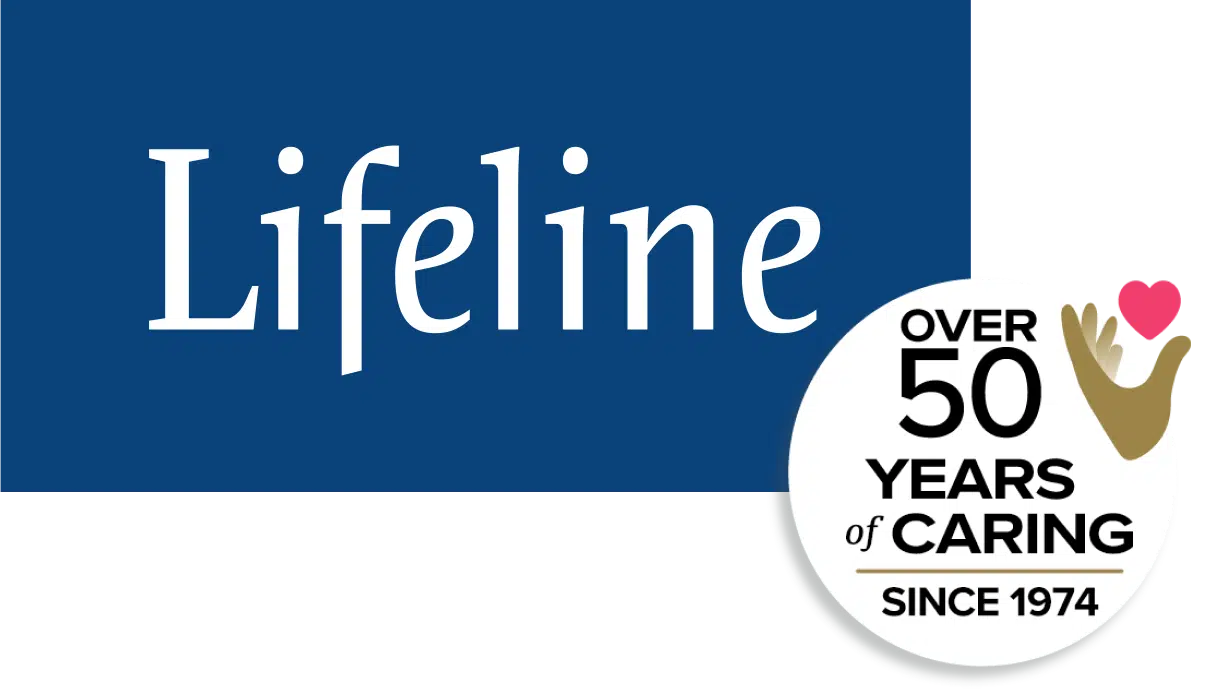Medication Management For Older Adults (Tips You Should Know)
Expert advice for managing medications more easily and effectively
The Importance Of Medical Management
Managing medications correctly is key to living independently. Many older adults depend on medications to remain healthy, overcome illness, manage chronic conditions and continue living independently.
Statistics show that as we age we take more medications than the general population. According to the Canadian Institute for Health Information, 66% of seniors take 5 or more medications, and 25% take 10 or more.1
Studies also show that the more medications we take, the greater the risk of a fall or medical emergency because we are more sensitive to potential side effects and adverse drug interactions. Complicated medication schedules can cause missed doses, incorrect dosages, or even taking medicines at the wrong times. Any of these risks can lead to increased discomfort, inadequate disease prevention, hospitalization, admission to a nursing home, or worse.2
Is it any wonder that doctors and pharmacists stress the importance of taking medications as directed? Yet as many as 50% of patients do not follow their prescribed regimen, with the elderly being less likely to adhere than average. The reasons why are multifaceted, ranging from the patient’s lack of understanding or acceptance of why their medications are required and how they should be taken to the cost of the medications.
Did you know?
By not taking medications as directed:
- There is a 40% increase in the risk of nursing home admission
- Seniors with high blood pressure have a 540% higher risk of hospitalization, rehospitalisation and premature death, and those with diabetes have a 250% higher risk
Failing to take the proper medication at the right time accounts for 25% of all hospital admissions for those 65 and older.
10 Medication Management Tips
- Ask your healthcare provider or pharmacist to recommend a way to help you remember to take your medications correctly – e.g. a simple, inexpensive pill box or a medication reminder device. These devices, such as the the MedReady Medication Dispenser, dispense medication according to a preset schedule. Alarm reminders notify users it’s time to take their pills.
- Take each medication at the same time every day. A routine can help you remember to take medications as prescribed.
- Always take your medications for the full course, even if you feel better. Your condition may continue to exist and it could worsen if you stop taking the medication.
- Keep your medications in the original containers, labeled clearly.
- Have all of your prescriptions filled at one pharmacy so that the pharmacist can ensure you aren’t subjected to adverse drug interactions.
- Make a list of all of your medications including dosage and timing, keep it with you at all times, and keep it up to date. Your list should include prescriptions, over-the-counter medicines (such as aspirin), herbs (such as echinacea) and supplements (such as calcium). This list will be a handy reference for you and your healthcare providers. And in an emergency, first responders will need to know all the medications you take in order to give you effective treatment.
- If there is anything you don’t understand about how or when to take your medications, ask. Your doctor or pharmacist will be glad to explain.
- Be sure to ask doctor or pharmacist about potential side effects so that you will know what to watch for. If you experience side effects, tell your doctor right away.
- If you have a concern about your ability to pay for your medications, tell your healthcare providers. They may be able to offer you a solution.
- Be sure to tell your family members and/or caregivers about all of your medications so that they can be your medication adherence assistant.
Tips for caregivers
If your loved one is taking more than one medication, here are some ways that you can help them avoid a fall or medical emergency. Remember: helping your loved one adhere to their medication schedule correctly is an important part of your role.
- Make a point of asking your loved one what medications they are taking, how often, and what the medications are for.
- Help your loved one pick out a reminder tool such as a pill box. Check it every so often to make sure it’s being used properly.
- Be on the lookout for signs of any possible side effects or adverse drug interactions and, if you see any, contact your loved one’s doctor or pharmacist right away.
- Read our guide about the different automatic pill dispensers available on the market
Taking charge of your medications
Here are some questions you can ask your doctor and pharmacist to help you understand and manage medications you’re prescribed. Download and print the questionnaire to write down the answers to these questions when you get a new prescription and save it for future reference.
Questions for your doctor:
- Why do I need this medicine?
- When should I take this medicine and for how long?
- How should I take this medicine – with water? with meals? on an empty stomach?
- Will this new prescription work safely with the other medicines I am taking, including over-the-counter medicines and herbal remedies?
- Is there any food or drink that I should avoid while taking this medicine?
- Are there any side effects that could occur and what should I do if they occur?
- What should I do if I miss a dose or if I take too much medicine at one time?
- What suggestions do you have to help me remember to take my medications?
Questions for your pharmacist:*
- Is there written information about my medicine that you can give me? (Ask the pharmacist to review the most important information with you. Ask if it is available in large print or, if necessary, in a language other than English.)
- What is the most important thing I should know about this medicine?
- Will any test or monitoring be required while I am taking this medicine?
- Can I get a refill? If so, how many?
- How should I store this medicine?
* The pharmacist may provide a printout with what you need to know.



